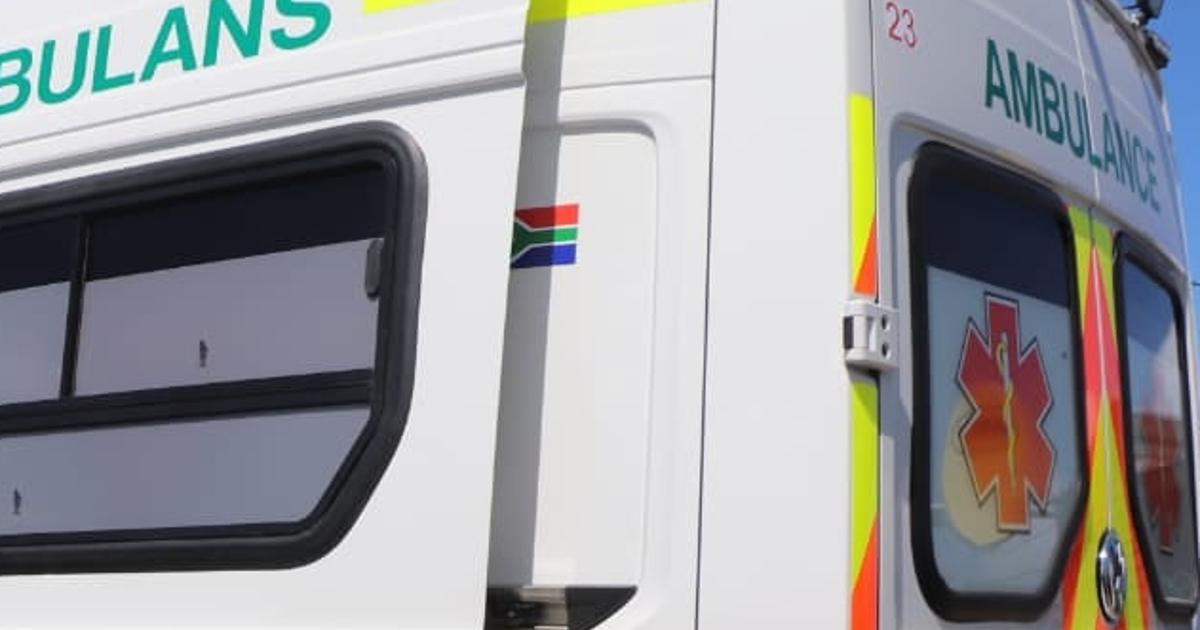Western Cape EMS Under Pressure: Officials Detail Challenges in Delivering Critical Care

Cape Town – The Western Cape Department of Health recently faced scrutiny as officials presented to a committee, outlining the significant challenges they encounter in providing emergency medical services (EMS) across the province. The presentation shed light on a system grappling with increasing demand, resource constraints, and logistical hurdles, impacting response times and the overall quality of care.
Strain on Resources: A Growing Crisis
The core of the discussion revolved around the escalating pressure on the province's EMS infrastructure. Officials emphasized a consistent rise in call volumes, driven by factors such as population growth, urbanization, and a higher incidence of trauma-related incidents. This surge in demand far outpaces the available resources, including ambulances, paramedics, and specialized equipment. The current fleet of ambulances is struggling to keep pace, leading to delays in reaching patients and potentially compromising outcomes.
“We’re seeing a consistent increase in the number of calls we receive, and our resources simply aren't keeping up,” stated a department spokesperson following the presentation. “This isn't a reflection of the dedication of our paramedics, who work tirelessly under immense pressure, but a systemic issue that requires urgent attention.”
Geographical Challenges & Logistical Bottlenecks
The vast and diverse terrain of the Western Cape presents unique logistical challenges. Reaching remote communities and navigating congested urban areas significantly impacts response times. Limited road infrastructure in certain regions, coupled with traffic bottlenecks in major cities, further complicates the delivery of timely medical assistance. The department is exploring innovative solutions, such as strategically positioning ambulances in high-demand areas and utilizing advanced dispatch technology, but these efforts require substantial investment.
Staffing Shortages & Burnout
Beyond resource limitations, the department is also facing a critical shortage of qualified paramedics. The demanding nature of the job, coupled with long hours and exposure to traumatic events, contributes to high levels of burnout and attrition. Recruitment and retention efforts are underway, but attracting and retaining skilled paramedics remains a persistent challenge. The department is exploring options to improve working conditions and provide better support for its frontline staff.
Looking Ahead: Calls for Increased Investment
The presentation concluded with a clear call for increased investment in the province's EMS system. Officials stressed the need for additional ambulances, specialized equipment, and a bolstered workforce. They also highlighted the importance of preventative measures, such as public health campaigns aimed at reducing trauma and promoting safer behaviors. Addressing these challenges is crucial to ensuring that all residents of the Western Cape have access to timely and effective emergency medical care.
The committee members expressed concern over the issues raised and pledged to work with the Department of Health to explore potential solutions and advocate for increased funding. The future of EMS in the Western Cape hinges on a collective effort to address these pressing challenges and safeguard the health and well-being of the province's citizens.






